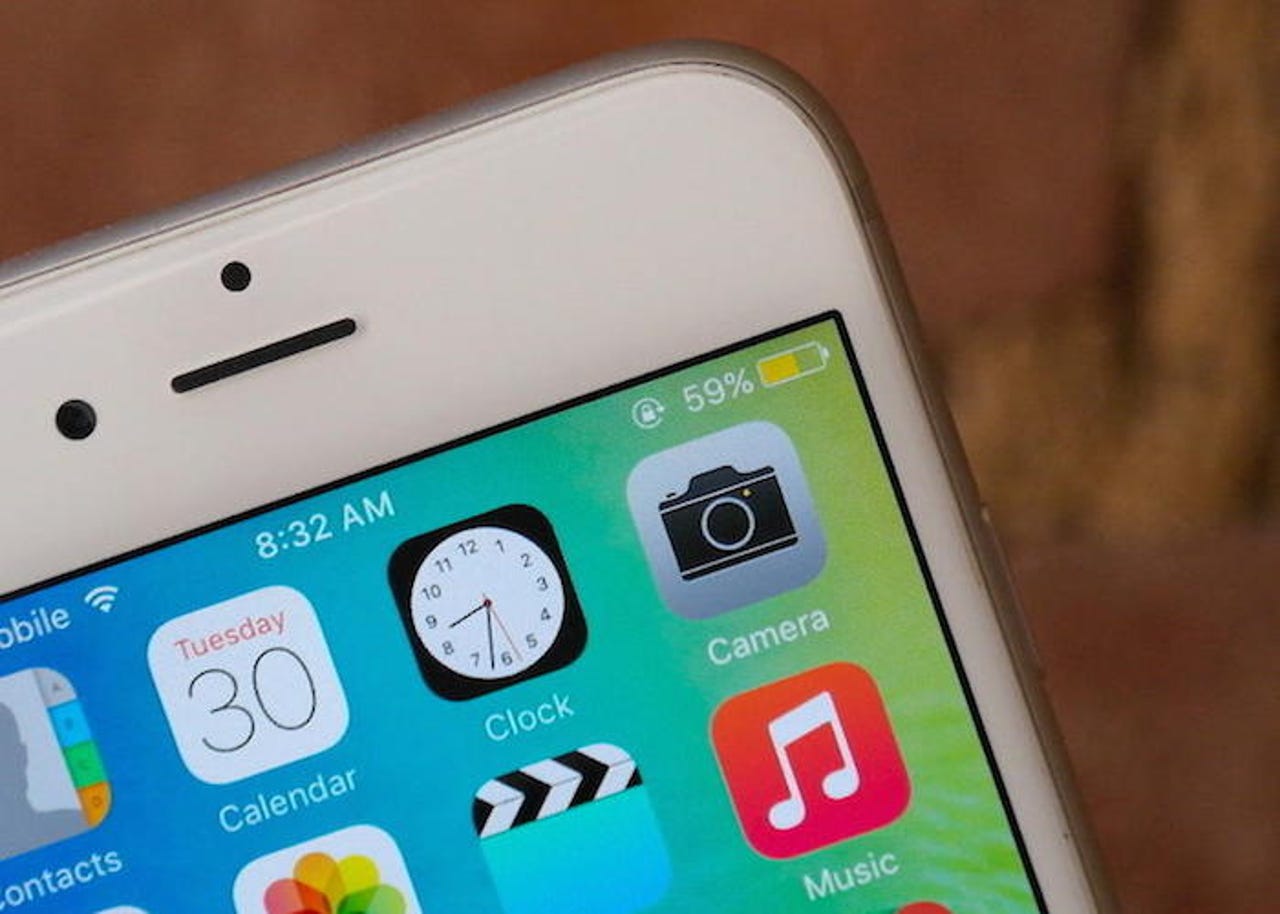Four reasons why you should not immediately upgrade to iOS 9

iOS 9 is out, but not everyone should jump for it.
The new iteration of the popular mobile software includes dozens of new features for iPhones and iPads, including new apps, battery saving features and performance tweaks, and a host of other new technologies.
More on iOS 9
But not everyone will want to -- or necessarily should -- upgrade to the latest software straight away. Before you download iOS 9, there are a few points to consider first.
1. Is anything ever perfect at launch: Expect a few bugs or hiccups
In every new piece of software, there's always something that doesn't quite work properly. Though Apple's quality assurance track record has been good, it's almost impossible to be perfect.
Unlike other Apple pre-release software, the company allowed for the first time anyone to test the software. That's going to significantly cut down on the issues seen in prior releases, but it may not be enough to iron out everything.
The first few days will no doubt see reports of some issues, flaws, or bugs, which are typically addressed in minor iterative updates over the coming weeks and months.
Hands-on with Apple iOS 9 (in pictures)
2. Check to see if your IT department is ready for iOS 9
Apple has added a number of new enterprise-focused features in iOS 9, including stronger passcodes, beefier security, better device management, and new custom configurations.
But some corporate users may not be allowed to upgrade to the latest software until an IT administrator or chief information officer approves the software.
Some sideloaded apps and mobile device management (MDM) solutions may not yet be compatible with iOS 8. iOS 9 also collects a lot more data on its users in order to return better search results, proactive suggestions, and other features that your IT administrator may want to review before allowing users to install the new software.
Some IT departments avoid new versions until all the bugs are ironed out, or until a better, more stable version of the software is released.
3. Not all of your critical apps will be ready (or compatible)
Developers have been hammering away at iOS 9 for months, allowing them to update their apps with new and improved features . There's a very good chance that all of your apps, including mission-critical services, have been updated. But not everything will work as smoothly as you might want on launch day
In some cases, apps that were previously available may not be downloadable, in part because Apple approves each app before users can download it. Some apps have been known to be stuck in Apple's queue for weeks.
For privacy and security, change these iOS 9 settings right now
4. Older devices may not be up to the task
OS 9 works with iPhone 4s and later, iPad 2 and later, and iPad mini and later.
Although they may be compatible, older devices may not run the software with the glitz and the glamour of newer devices, which have better processors, more memory, and greater storage. iOS 9 lands with a number of performance boosts, suggesting older devices should be better off making the leap than with previous versions of the software.
But users should be aware that older devices may be slow or sluggish at times, particularly if the device is low on storage or when running multiple apps at the same time.
And because it's increasingly difficult (if not impossible) to downgrade, you may end up stuck with the upgrade for good.
